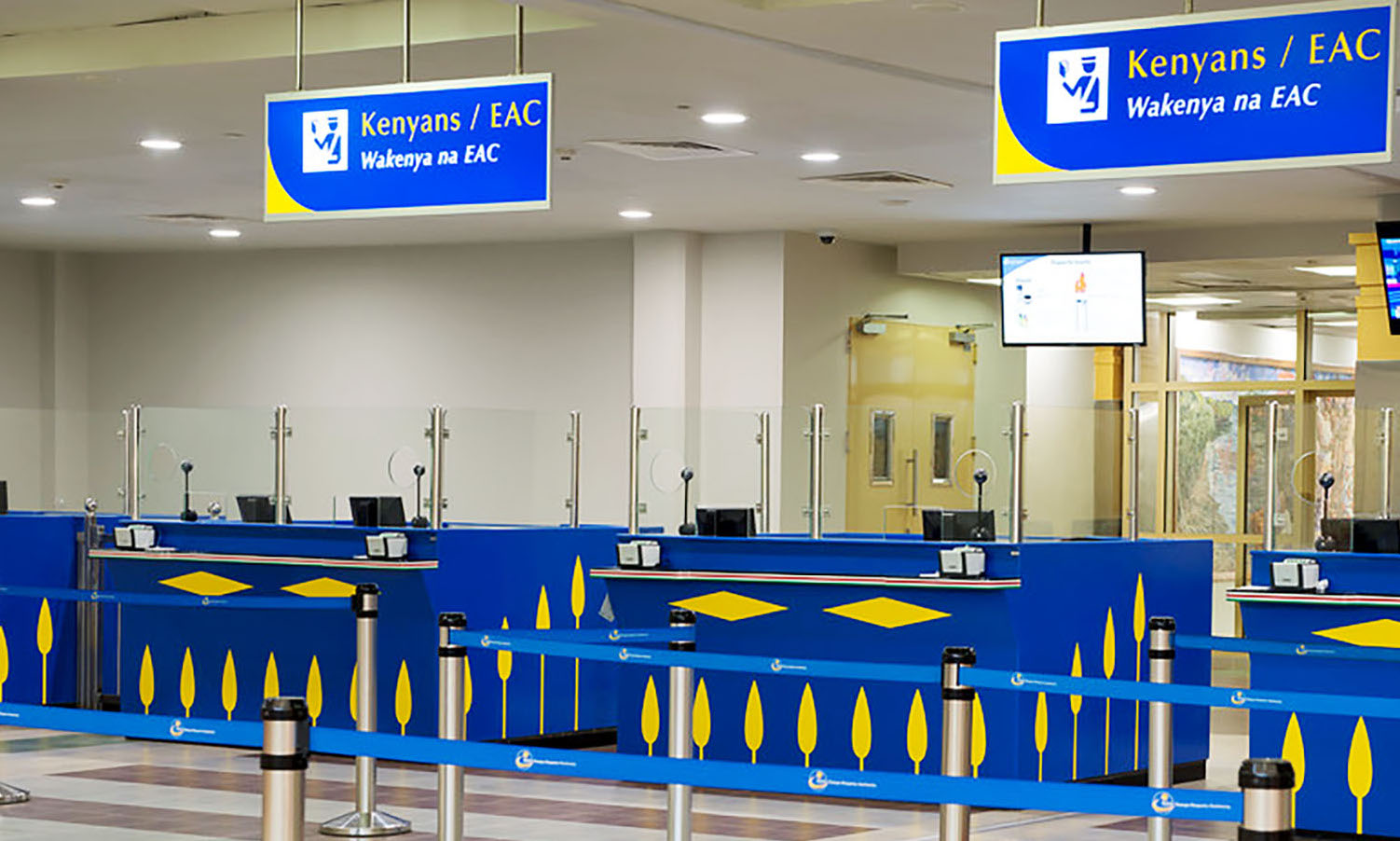The Kenyan government's proposed partnership with Indian conglomerate Adani Group to overhaul Jomo Kenyatta International Airport (JKIA) has ignited a fierce debate.
The deal, which promises a significant $1.85 billion investment, has raised concerns about the potential implications for the East African nation.
At the heart of the controversy is the Adani Group itself.
Led by billionaire Gautam Adani, the conglomerate has a controversial history marked by allegations of financial irregularities, environmental damage, and undue political influence.
Critics argue that partnering with such a company could tarnish Kenya's reputation and expose the country to significant financial and reputational risks.
Read More
The proposed deal would see Adani Airport Holdings, a subsidiary of the Adani Group, take over the management of JKIA for 30 years while undertaking a major expansion project.
In exchange, the Indian company is seeking substantial tax breaks and financial incentives.
The proposed terms of the deal, including a 30-year concession and substantial tax breaks, have raised eyebrows.
Many question whether the Kenyan government is getting a fair deal and whether the long-term benefits outweigh the potential costs.
Critics argue that the 18 per cent return on equity demanded by Adani is excessive.
Civil society groups and opposition politicians have called for greater transparency and accountability in the negotiation process.
They argue that the government should explore alternative options, such as seeking financing from multilateral institutions or partnering with reputable international companies.
The JKIA deal has become a test case for Kenya's ability to balance economic development with responsible governance.
As the nation navigates this complex issue, it is crucial that the government conducts a thorough and transparent evaluation of the proposed partnership.
Public scrutiny and oversight are essential to ensure that the interests of the Kenyan people are protected.
The deal should be subjected to rigorous due diligence, including independent financial and legal assessments.
Ultimately, the decision to proceed with the Adani deal will have far-reaching consequences for Kenya.
It is crucial that the government makes a well-informed and responsible choice that prioritizes the long-term interests of the nation.











